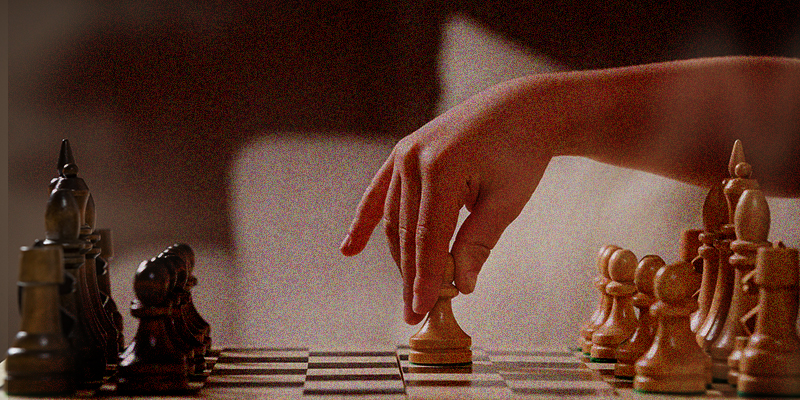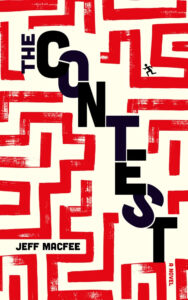Child prodigies are annoying. Worse, they’re boring.
As a kid, I wanted to believe I was one-in-a-million. Pending that outcome, I read about kids who were. I was drawn to stories where the kid protagonists were uniquely talented. Perfect at chess, math, or solving mysteries. But as I read, I learned something–perfection didn’t work. Child prodigies who outperformed every adult in the room then strolled off for peaceful, unburdened sleep weren’t believable. They weren’t relatable. Worst of all, they made for boring stories.
As I grew older, I discovered books where the child prodigies weren’t so perfect. Where adult-level genius didn’t solve every problem but instead invited adult-level challenges. Financial pressures. Social conflicts. Emotional difficulties. Situations that magnified flaws. Gave the prodigies baggage for life.
Baggage makes great fiction.
In my novel The Contest, Gillian Charles is a former puzzle-master, a child prodigy convinced she’ll win a life-changing competition. So smart, the only puzzle she can’t solve is what to do when she loses. Convinced she’s a failure; Gillian flees the competitive world and spends the next eighteen years avoiding her past. The novel picks up as the past appears on her doorstep, forcing Gillian to confront the baggage she tried to leave behind, but had quietly hauled with her.
Of course my novel isn’t the first to tackle the life of flawed child prodigies. Other novels have explored the idea of protagonists struggling with a talent that doesn’t always, or even often, make their lives easier. Here are my favorite five:
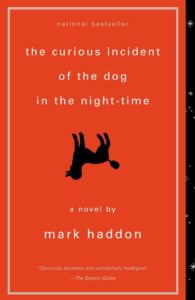
Mark Haddon, The Curious Incident of the Dog in the Night-Time
Haddon’s child protagonist Christopher John Francis Boone is saddled with many names, a superior mathematical mind, and behavioral conditions that make fitting in difficult. When his neighbor’s dog is murdered, his structured brain won’t let him leave the mystery alone. He starts to investigate and uncovers not only a surprising killer but some very uncomfortable truths about his own life. Christopher is an entertainingly unique main character, and a perfect example of a prodigy undone by their very nature.

Walter Tevis, The Queen’s Gambit
Before the Netflix series came the excellent book by Walter Tevis. Beth Harmon knows hardship–she loses her mother and is thrown into an orphanage at an early age. She quickly discovers a talent for chess, and while her skill offers escape from a bleak life, it also fuels her demons. A coming-of-age story where personal worth is entangled with competitive success. Beth’s emotional rollercoaster makes for a great read.
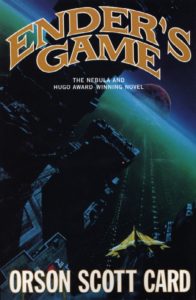
Orson Scott Card, Ender’s Game
A science fiction classic, Ender’s Game follows Ender Wiggin in a future where humans battle alien invaders in a fight so desperate even children are drafted into the struggle. Ender’s genius is clear at an early age, but intelligence complicates rather than simplifies his life. He’s thrown into the hyper-competitive Battle School and groomed to lead Earth to victory, his genius a tool to be used and a weapon to be feared. Without spoiling the ending, Ender’s pursuit of excellence has tragic results, and he must ask himself how much he is to blame. An action-packed novel that also serves as a warning for those who apply their genius without thought to consequences.
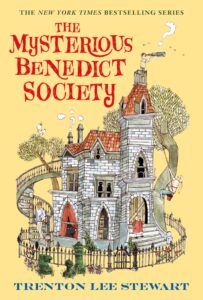
Trenton Lee Stewart, The Mysterious Benedict Society
Although classified “for children” I read this book as an adult, and had a blast following the adventures of Reynie, Sticky, Kate, and Constance, all gifted kids whose very intelligence puts them in danger’s path. On their way to saving the world, each of the prodigies wrestle not only puzzles but feelings of abandonment and challenges with emotional control. The book is an excellent combination of puzzle-solving adventure and character depth that avoids a “smart kids save the day” cookie-cutter outcome.
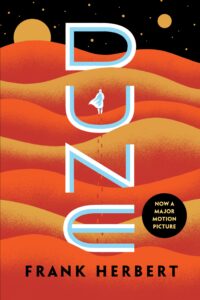
Frank Herbert, Dune
Herbert’s Dune is another book-to-film success, one known not only for grand space opera but also its flawed child protagonist. Paul Atreides is only 15 when he’s thrust into the generations-old conflict between his family and their vicious rivals the Harkonnens, and while marked for greatness early on, loss and pain litter his path to power. He uses his wits to navigate violence and betrayal, but with a mounting cost that leaves little of his youth intact. A tale of power corrupting, no matter the intellect or age.
***

